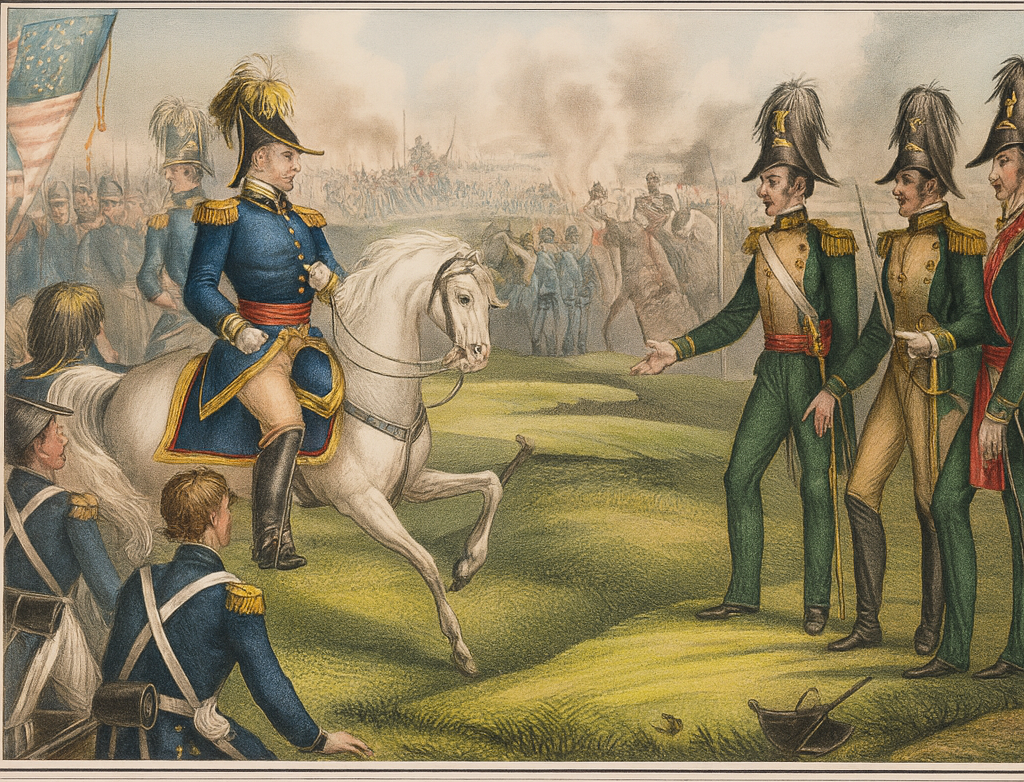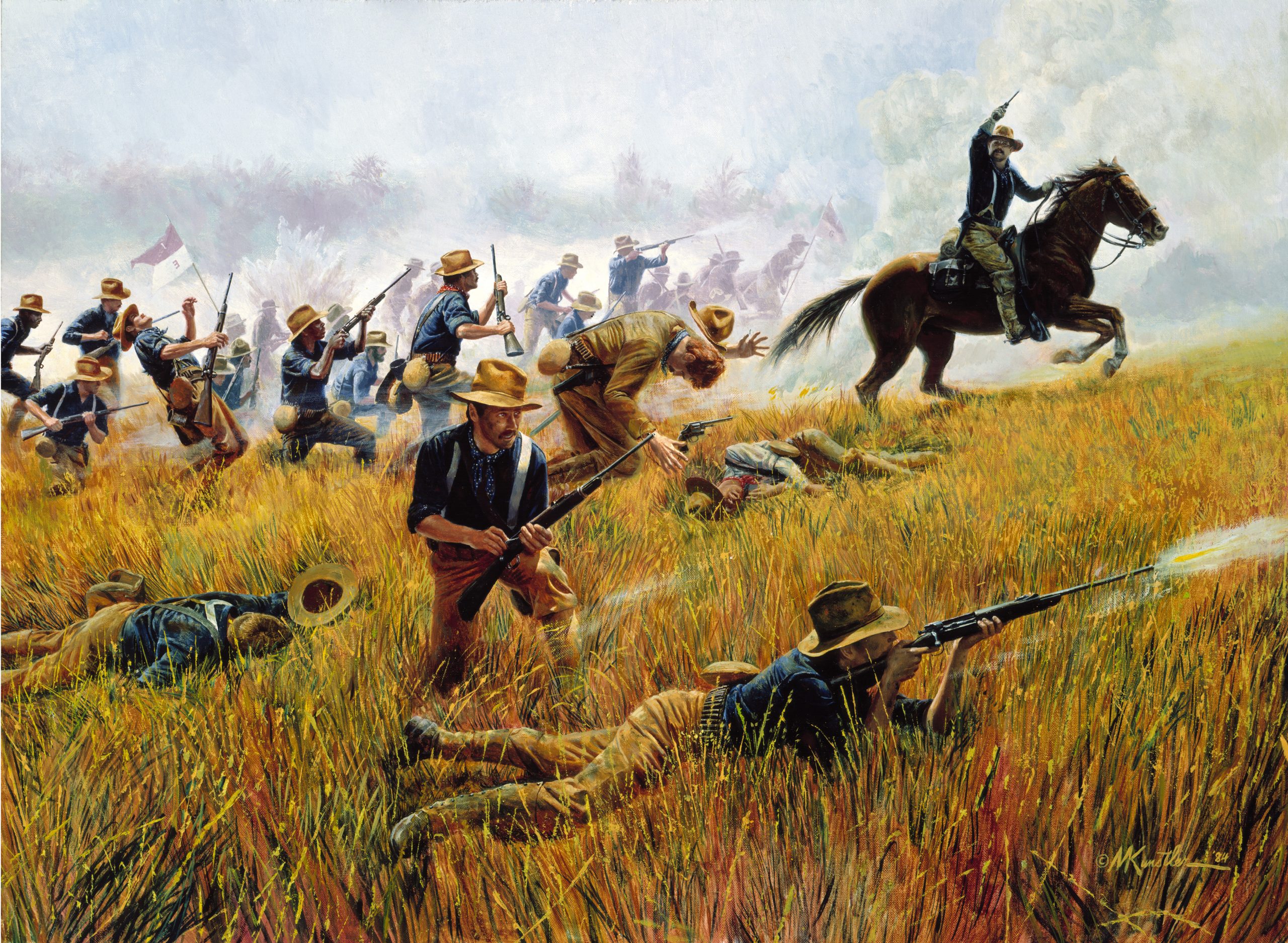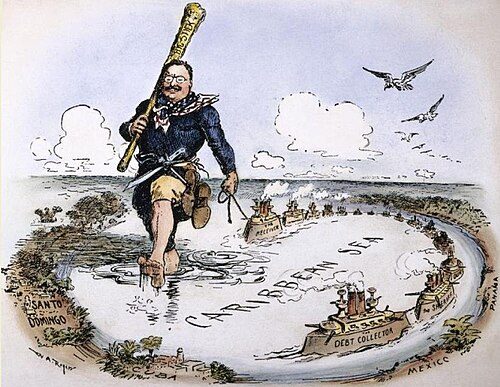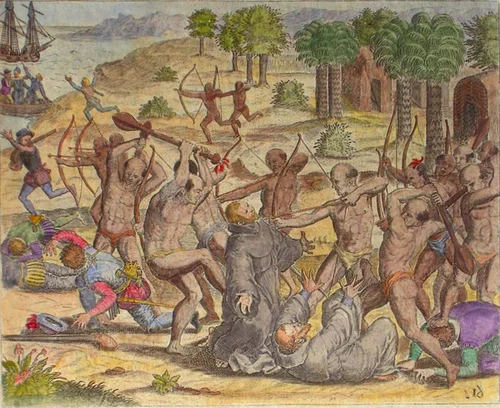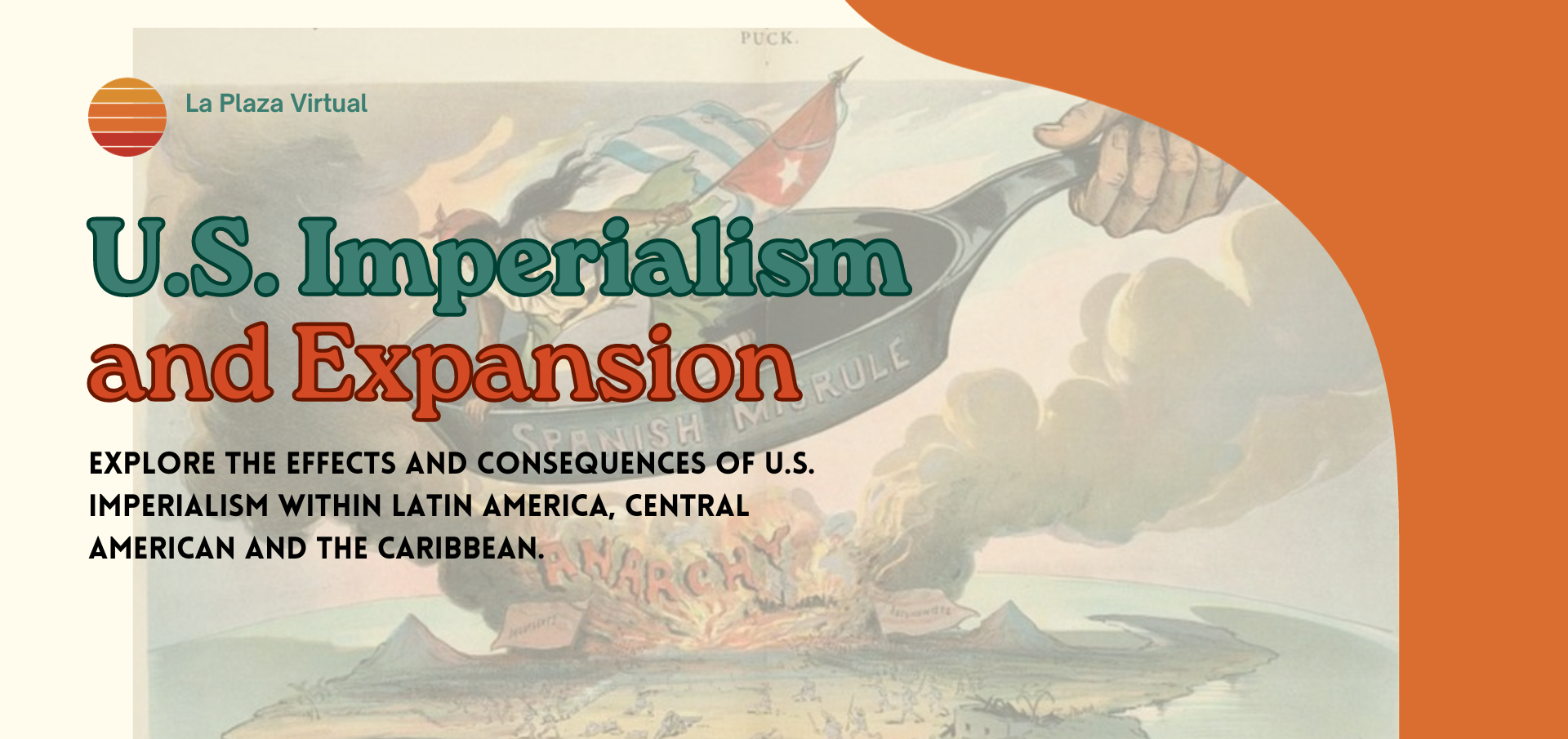
Since the birth of the United States and its own liberation from an oppressive government, there has been a continuous tendency of the U.S. to “liberate” and possess struggling countries. However, history demonstrates that U.S. involvement has principally benefited the U.S. and has even placed other countries and territories in a struggling position. Some important events covered within this topic are the Mexican-American War, the Spanish-American War, the Banana Wars, the Bay of Pigs, and the U.S. influence on the Guatemalan Government. Said events topics contribute to an overall analysis of the economic, military, and cultural impact of the United States on Latin American countries and territories and how past interventions have shaped present relationships between the U.S. and the said locations.
The objectives are:
- Define what U.S. imperialism is and what it is based on.
- Analyze how U.S. imperialism/ U.S. expansion has developed over time and how it still affects territories and countries today.
- Asses why and how the United States imperialized and/or took possession of certain countries and/or territories.
- Comprehend the importance of learning and teaching about the U.S. imperialism/expansion.
- Acknowledge and assess the voices of the people who were affected that reveal the personal cost of the U.S. expansion in comparison to the commonly privileged narrative.
UNIT 1: DEFINING U.S. IMPERIALISM AND INVOLVEMENT IN LATIN AMERICA

Focus: U.S. Imperialism, Latin America, Manifest Destiny, Political Cartoon analysis and U.S Interventionism
